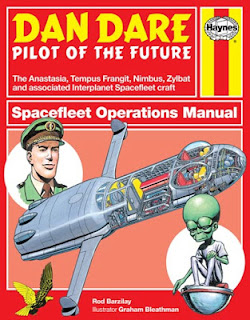Like a lot of other people, I caught
Star Trek: Into Darkness over the weekend. My capsule review: If you liked the first one as you watched it you will probably like this one as you watch it. If you liked the first one, you probably also experienced an increasing irritation with it the more you thought about it in the hours and days that followed. I suspect that will be you experience with this one.
Anyway, I don't want to talk about
Into Darkness so much as the application of things like changes continuity in one way or another in rpg settings. Certainly, there are examples of retcons and reboots in published rpg settings; I'm more interested in what people do in their own homemade settings.
I suspect mild retcons are pretty common in long running campaigns. A little change in some aspect of setting when the GM gets a better idea never really hurt anybody--particularly if the PCs haven't even directly interacted with it yet. If they have, it gets a little trickier, but if G+ posts are any indication, settings are sort of continuous works in progress, even well after play starts.
I don't know about anybody else, but I've engaged in wholesale rebooting of one setting for much of my D&D career. The
world of Arn (that I started this blog discussing) has elements that go back to junior high, though its gone through 3 map changes, place name changes (and sometimes back again), and conceptual shifts from vaguely backgrounded generic D&D world, detailed pastiche of Leiber, Howard, and Burroughs, synthesis of those S&S elements with whatever historical period I was interested in at the moment (from Ancient Rome to the 16th Century), and so on.
All of these permutations could be seen as just cannibalizing old ideas for economy of imagination, except that some of the same characters and background elements have been consistent pretty much the whole time--though their presentations have changed. The founders of one of the main cities in the world(s), have gone from actual PCs, to historical personages, to likely mythological characters.
Not only does this sort of thing save work, but I think it can allow for some of the depth of background that comes from a long-running campaign without actually having run a continuous campaign for all that time.




















